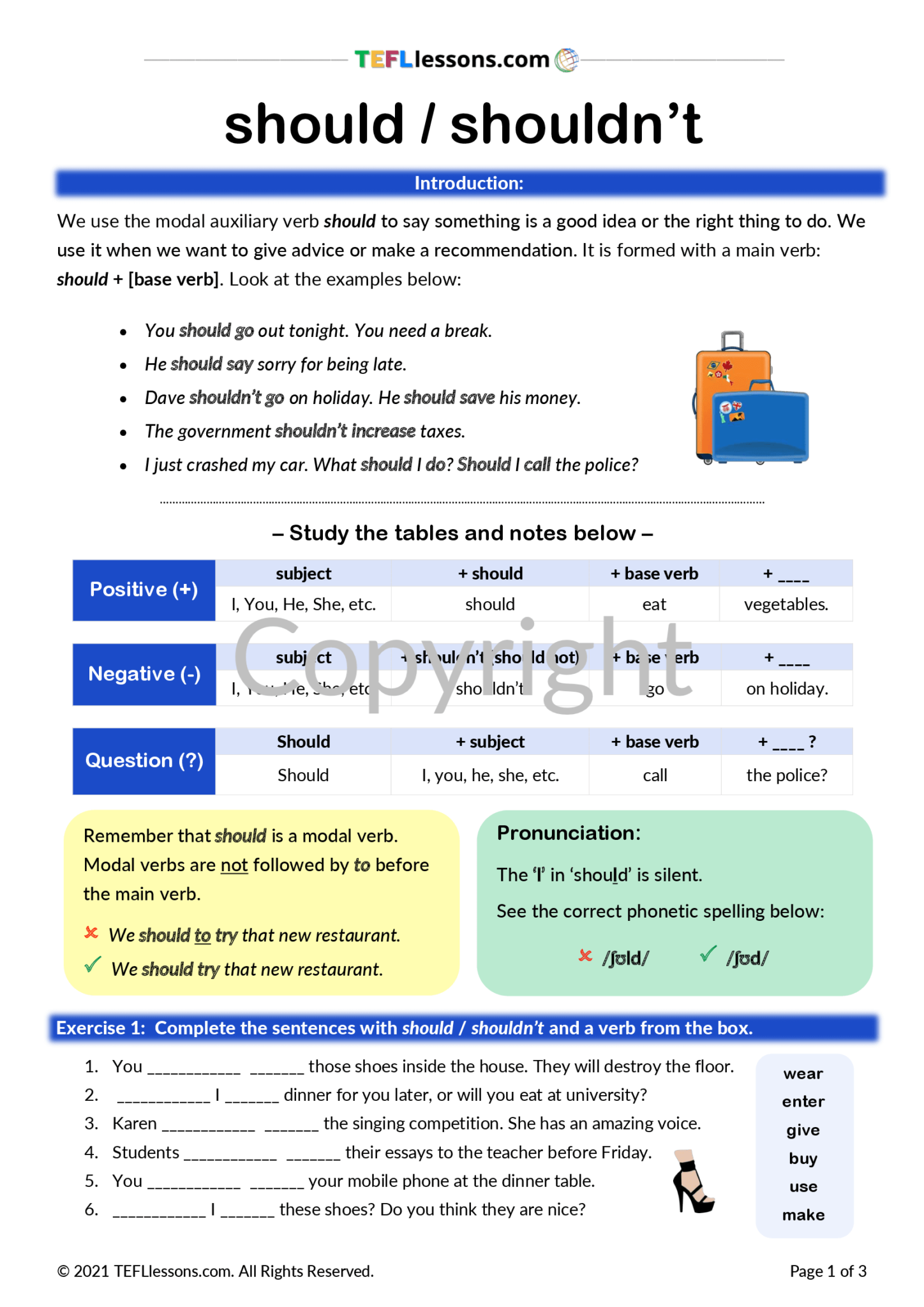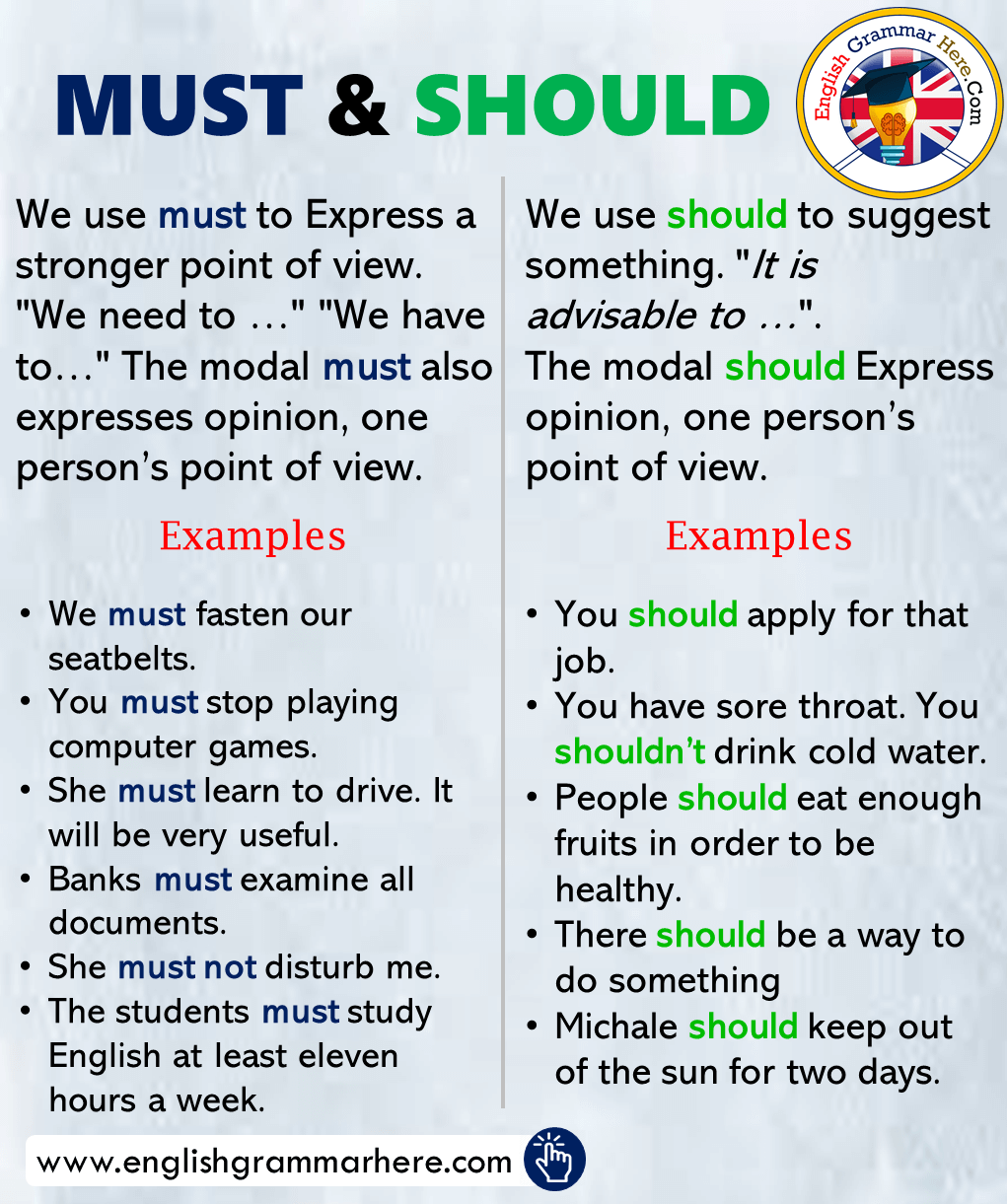What Is And What Should Be: A Philosophical Inquiry

In the realm of philosophy, the distinction between “what is” and “what should be” has been a subject of enduring contemplation. This distinction delves into the fundamental nature of reality, morality, and the relationship between facts and values.

What Is:

“What is” encompasses the realm of existence, the objective facts and realities that constitute the universe. It includes the laws of nature, the properties of matter, and the observable phenomena that we experience. “What is” is often associated with the descriptive domain of science, where empirical evidence and logical reasoning are employed to understand and explain the workings of the world.
What Should Be:
“What should be” pertains to the realm of values, ethics, and normative judgments. It involves what we believe ought to be, what is morally desirable, and what constitutes a good or virtuous life. “What should be” is often connected to the prescriptive domain of philosophy, where reason and moral principles are employed to guide our actions and shape our societies.
The Tension Between “Is” and “Should”:
The relationship between “what is” and “what should be” is often characterized by tension and debate. Some philosophical perspectives, such as logical positivism, contend that there is a clear demarcation between facts and values, and that ethical judgments cannot be derived from empirical observations. Others, such as moral realism, argue that moral values have an objective basis and can be known through reason or intuition.
The Significance of the Distinction:
The distinction between “what is” and “what should be” has profound implications for our understanding of the world and our place within it. It shapes our ethical and moral decision-making, influences our political and social institutions, and guides our pursuit of meaning and purpose in life.
The Challenge of Unity:
Bridging the gap between “what is” and “what should be” remains one of the central challenges in philosophy. If we accept that moral values are subjective and relative, then it becomes difficult to justify any universal moral principles or to resolve moral conflicts. On the other hand, if we believe that moral values have an objective basis, we must explain how they can be known and how they can influence our actions in the face of conflicting desires and interests.
Conclusion:
The distinction between “what is” and “what should be” is a fundamental philosophical inquiry that continues to shape our understanding of reality, ethics, and the human condition. It challenges us to examine the relationship between facts and values, to grapple with the tension between objectivity and subjectivity, and to search for unity amidst diversity. Ultimately, it is through this ongoing exploration that we deepen our understanding of the world and our place within it.










